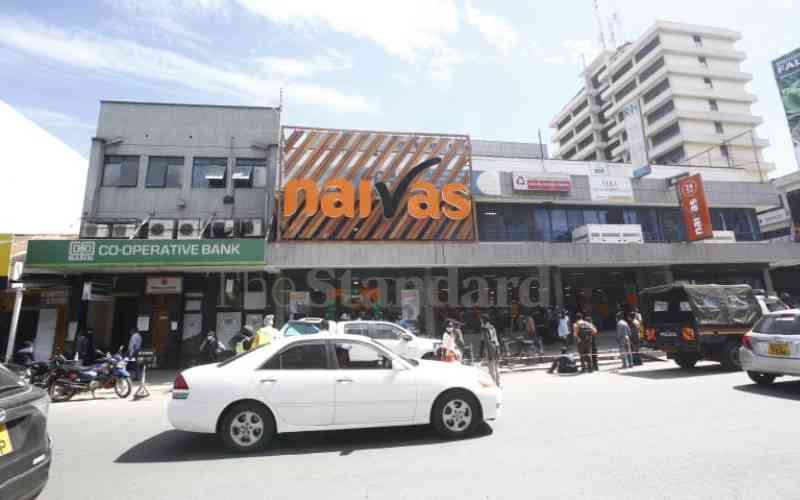×
The Standard e-Paper
Smart Minds Choose Us

The gap in development between most rural and urban areas is alarmingly wide.
It was even more pronounced before retired President Uhuru Kenyatta's regime made an effort to connect every village to the national power grid with considerable success.